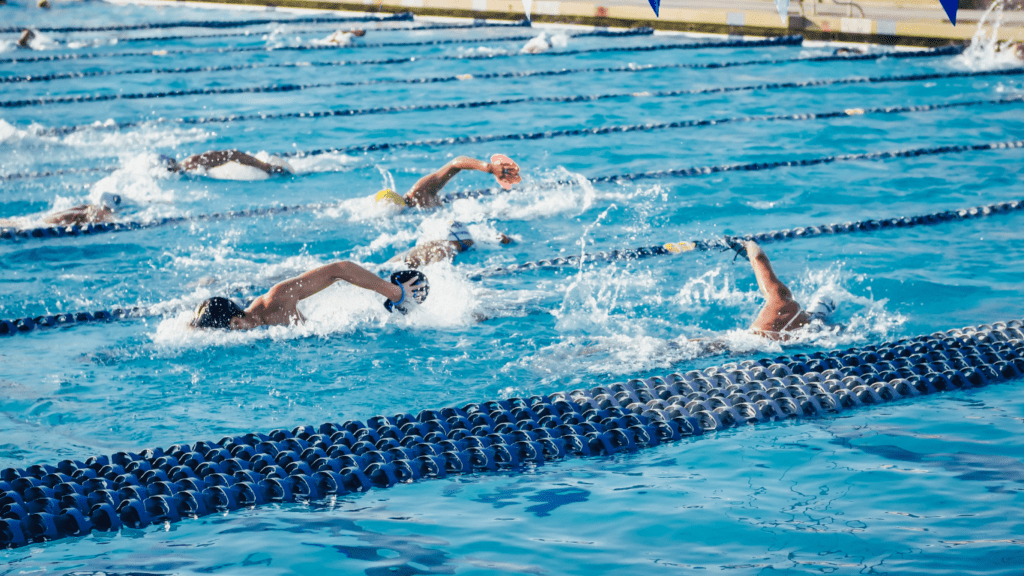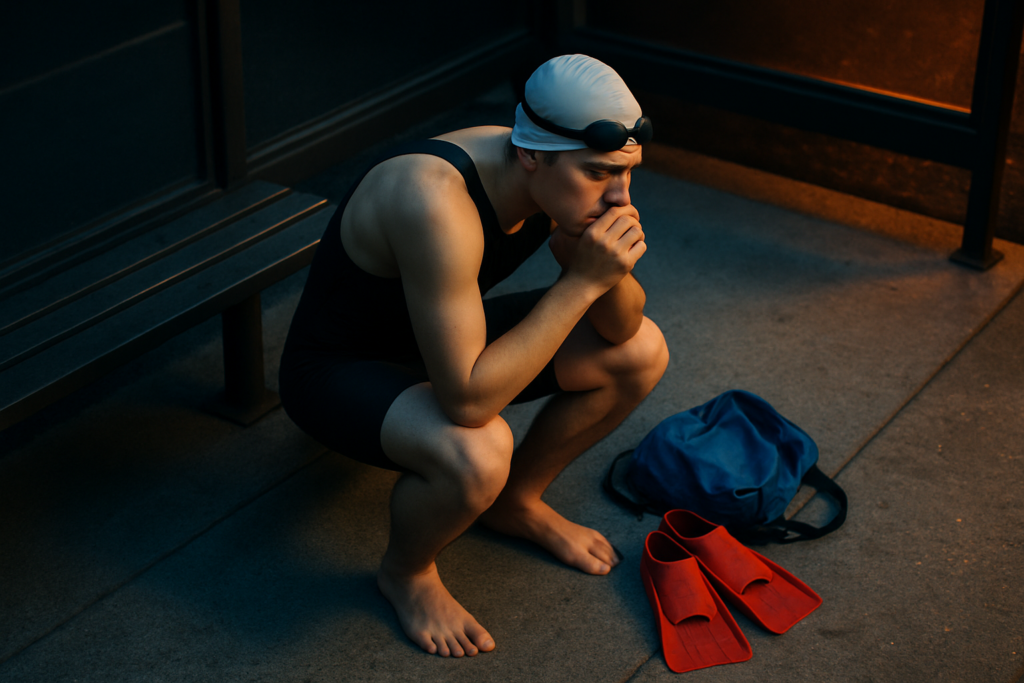Diving into the world of competitive swimming, I’ve come to realize that the mind plays a crucial role in achieving peak performance in the pool. As a swimmer myself, I understand the profound impact that mental health can have on athletic success. In this article, I’ll explore how our mental well-being influences our performance in the water.
From battling pre-race jitters to maintaining focus during grueling training sessions, the mental aspect of swimming is often underestimated. As I delve into the relationship between mental health and swimming performance, I’ll share insights on how mindset, stress management, and self-belief can make or break a swimmer’s performance. Join me on this journey as we uncover the intricate connection between mental well-being and success in the water.
Understanding Mental Health in Athletics
As a swimmer, I know the critical role mental health plays in sports performance. Let’s explore how mental well-being impacts athletes, especially in the demanding sport of competitive swimming.
The Role of Mental Health in Sports Performance
In swimming, mental health is just as vital as physical fitness. It influences how I handle pressure, setbacks, and challenges both in training and competition. A positive mindset can enhance focus, motivation, and overall performance in the water.
The Psychological Demands of Swimming
Competitive swimming presents unique psychological demands. As a swimmer, I constantly strive for peak performance while battling self-doubt, anxiety, and stress. Managing these psychological factors is key to staying mentally strong and achieving success in the pool.
Exploring the Impact on Swimming Performance

As a swimmer, I understand the profound influence that mental health can have on my performance in the water. Let’s delve into how various aspects of mental well-being can affect a swimmer’s abilities.
How Anxiety Affects Swimmers
Anxiety can be a significant hurdle for swimmers, impacting their focus, physical coordination, and overall performance. When I feel anxious before a race, my breathing becomes shallow, and my muscles tense up, affecting my speed and technique in the water. It’s crucial for swimmers to develop techniques to manage anxiety effectively, such as deep breathing exercises, visualization, or seeking support from coaches or sports psychologists.
The Role of Confidence and Self-Belief
Confidence and self-belief are vital factors that can make or break a swimmer’s performance. When I step onto the starting block with a strong sense of self-assurance, I feel more prepared to tackle the challenges ahead. Believing in my training, skills, and preparation boosts my motivation and allows me to push past limitations in the pool. Cultivating confidence through positive self-talk, goal-setting, and focusing on past successes can significantly enhance a swimmer’s performance and mental resilience.
Strategies for Improving Mental Health Among Swimmers
Incorporating Psychological Training
I recommend incorporating psychological training into your routine. It’s essential to work with a sports psychologist who can help you develop mental strategies to enhance your performance. By learning techniques such as positive self-talk, goal setting, and stress management, you can improve your mental well-being and, in turn, your swimming performance.
Mindfulness and Relaxation Techniques
Practicing mindfulness and relaxation techniques can significantly benefit your mental health as a swimmer. Incorporating activities like meditation, progressive muscle relaxation, and mindfulness exercises into your daily routine can help reduce stress and improve your focus and overall mindset for optimal performance in the pool. Prioritizing these techniques can enhance your mental resilience and contribute to better outcomes in competitive swimming.
Case Studies and Research Findings
As I delve into case studies and recent research findings, it’s clear that mental health plays a significant role in the performance of elite swimmers. Let’s explore specific examples from elite swimmers and insights gained from recent psychological studies.
Examples from Elite Swimmers
- Top swimmers, like Olympic champions and world record holders, have demonstrated the impact of mental fortitude on their success. For instance, Michael Phelps, with his consistent mindfulness practices, attributed a large part of his achievements to mental resilience.
- Elite swimmers often work closely with sports psychologists to develop mental strategies that enhance their performance. By incorporating techniques such as positive self-talk and goal setting, swimmers like Katie Ledecky have been able to optimize their mental approach to competitions.
- Recent psychological studies underline the importance of mental well-being in swimmers’ performance. Research indicates that swimmers who engage in mindfulness exercises and relaxation techniques show improved focus and reduced anxiety levels during competitions.
- Studies have shown that regular meditation can positively impact swimmers’ mental health by reducing stress and increasing overall emotional resilience. This, in turn, leads to better concentration and performance in the pool.
By examining case studies and the latest research findings, it is evident that mental health is a critical factor in maximizing swimming performance. Elite swimmers’ success stories and scientific studies both underscore the significance of mental strength and well-being in achieving peak performance in competitive swimming.


 is a dedicated fitness enthusiast with a deep-seated passion for swimming and holistic health. Leveraging her extensive background in competitive swimming and personal training, she provides readers with expert advice on optimizing their workouts and enhancing their overall well-being. Kiara's writing stands out for its blend of motivation and practical tips, making complex fitness concepts accessible and actionable. She is committed to helping individuals of all levels reach their fitness goals by promoting a balanced approach to exercise and nutrition. In her articles on Swim Fast Stay Fit, Kiara shares her personal experiences, training techniques, and strategies for overcoming common fitness challenges, inspiring others to lead healthier and more active lives.
is a dedicated fitness enthusiast with a deep-seated passion for swimming and holistic health. Leveraging her extensive background in competitive swimming and personal training, she provides readers with expert advice on optimizing their workouts and enhancing their overall well-being. Kiara's writing stands out for its blend of motivation and practical tips, making complex fitness concepts accessible and actionable. She is committed to helping individuals of all levels reach their fitness goals by promoting a balanced approach to exercise and nutrition. In her articles on Swim Fast Stay Fit, Kiara shares her personal experiences, training techniques, and strategies for overcoming common fitness challenges, inspiring others to lead healthier and more active lives.
